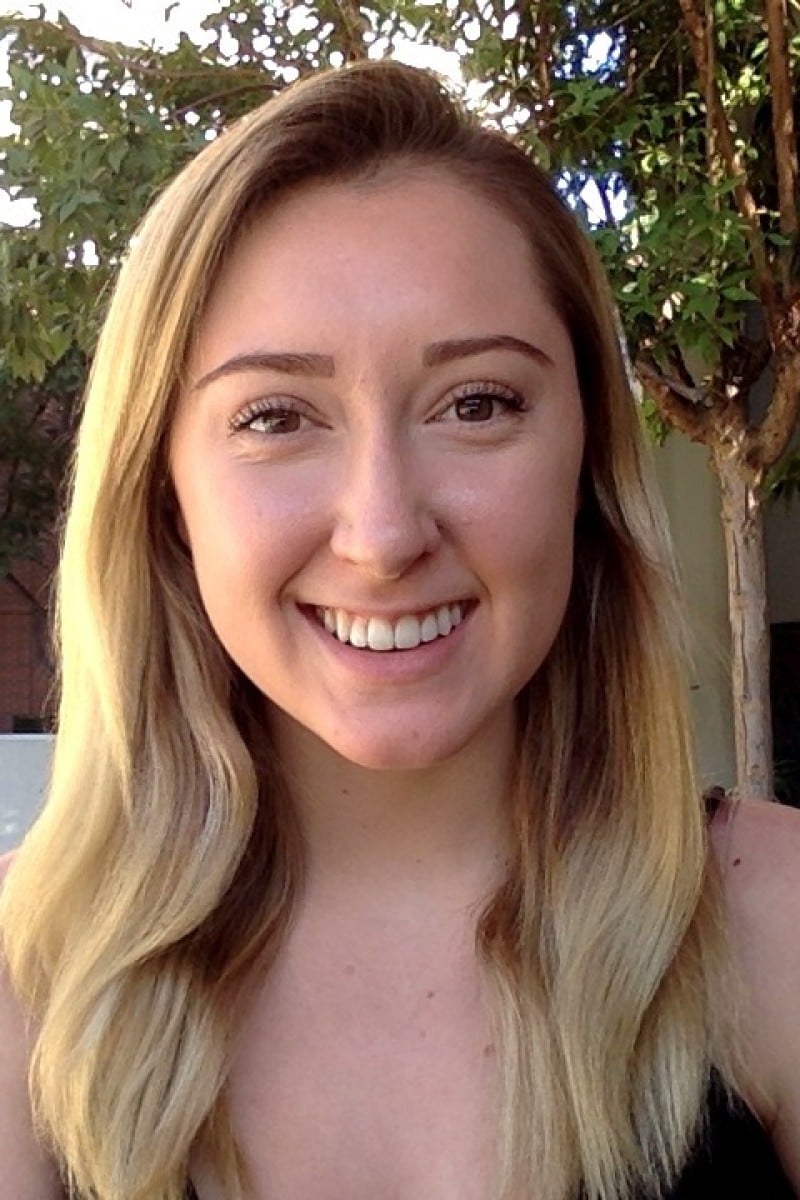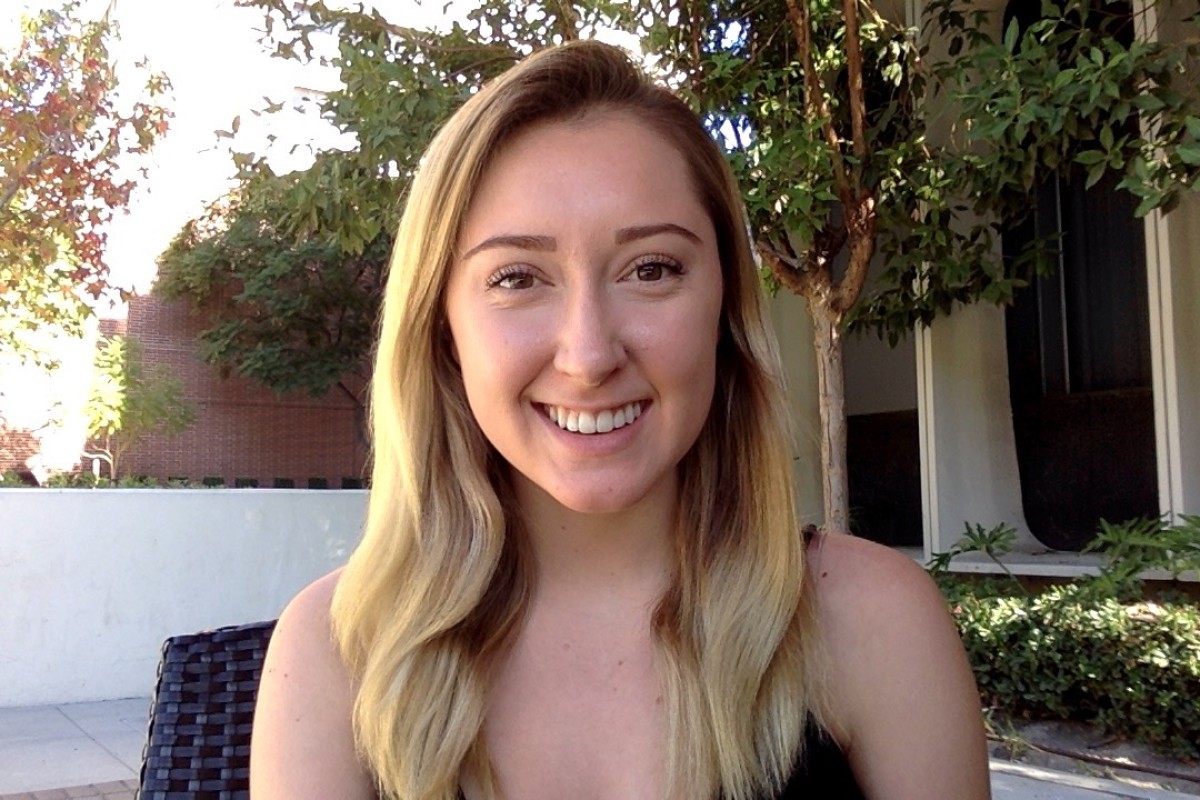
Find out why this Hong Kong teen has never been on Facebook or Instagram
Pia Sellery, 19, consciously stays away from these social media apps to avoid comparison and wishful thinking
 Pia Sellery has never had a Facebook or Instagram account.
Pia Sellery has never had a Facebook or Instagram account.Pia Sellery isn’t one of the hundreds of teenagers her age who worry about how their lives compare to those of their friends. Born and schooled in Hong Kong, and currently studying at a university in California, Sellery, 19, has never used any social media other than Snapchat – which she rarely uses, anyway.
Although Sellery likes the idea of an easy way of connecting and staying in touch with friends, she values her privacy. “I have always been a private person and felt that having social media would essentially make having a truly personal life impossible. People post things about themselves so openly,” she says.
Sellery doesn’t want to engage in a digital life for other reasons. She does not like “the intense manufacturing necessary for a thriving social media presence, and the inauthentic nature of posting and constantly updating people about your activities”.
How social media is harmful to teenagers and how young Hongkongers cope with it
Because she has had an interest in psychology – her chosen degree – and mental health since a young age, “this sort of activity” has always concerned her. Intuitively, it seemed unhealthy.
“I wanted to make sure that I was living the best life for me, not for the people watching me online.”
There is, she says, so much comparison and discomfort that stems from negative self-evaluation, and social media feeds off these problematic behaviours and facilitates them to a much higher degree.
“I was worried that becoming involved in social media may affect my mental health and lead to greater comparison and ‘wishful’ thinking – that’s to say wishing I could be like someone else, or look a different way, or have more friends.
“I think people, young women specifically, tend to compare themselves to celebrities or friends by their pictures online or through their updates. This can lead to a horrid downward spiral – the people we are online are not the people we are off the screen. It is so common to create a picturesque version of who we want to be or who we think people will like, instead of presenting a real image of our experiences. Because of this, people are comparing themselves to an unattainable standard and to people who live such extravagant lives that it is almost impossible to compete,” she says.
Sellery is not alone when it comes to Facebook. A survey conducted by the Pew Research Centre, released in June, found that only 51 per cent of US youngsters aged 13 to 17 used the social network. This compares to the much higher figure of 71 per cent when the centre conducted similar research in 2015.
Hong Kong-based MindnLife psychologist Dr Quratulain Zaidi, agrees that it can be hard for adolescents these days, “because they have to almost go through it twice, in their real lives and then in their online lives”.
5 tips to stay safe on social media
Zaidi is not at all surprised at the various reports that show that social media and text messages have become so important to teenage life that they are promoting anxiety and lowering self-esteem.
“Self-esteem comes from consolidating who you are. The more identities you have, and the more time you spend pretending to be someone you aren’t, the harder it’s going to be to feel good about yourself, and as I said, teens have an online and real life identity to consolidate in this era,” she says.
Virtual connections, as Zaidi reminds us, are frequently devoid of eye-to-eye contact, and “human interaction is essential in building empathy and compassion”, a life skill that she believes is imperative to promote and preserve in our teens.
Face Off: do Hong Kong kids spend too much time on social media?
“They don’t miss out if they’re not connected via social media, but they will miss out on life if they don’t stay connected with real life humans,” she says.
Sellery would agree. By staying predominately offline, she says she was forced to evaluate her priorities and which relationships were most important to her.
“I feel lots of people add ‘friends’ without a second thought, and you are bombarded by updates about people you don’t really know or care about. By not having social media, I have to make sure I stay in touch with the people that mean the most to me and put in an effort to involve them in my life.”
And significantly, Sellery doesn’t think she’s missing out “because, if there is something I do want to go to, be a part of or see, I can gain access to it in another way, and not having social media does not hinder my ability to do that”.
Sellery and Zaidi are keenly aware of the danger of cyberbullying.
“It can be extremely easy to bully someone from behind a screen, because you feel you are not dealing with a real person and can write things down that you would probably not say to someone if you saw them face to face,” Zaidi says.
Limiting your Facebook, Instagram and Snapchat use can lower depression and loneliness
Consider the damage online trolls can do. Sellery recalls incidents of cyberbullying at school, where people used social media to share their thoughts about others: who the “hottest girls and guys” were, or who were the smartest.
She is aware of passive-aggressive posts on Facebook, Instagram or Twitter addressing “unnamed” people that were obvious to everyone else.
By not being online, she says, she is “protected from the discomfort and heartbreak of people talking about you or issues you may have had with them”.
Sellery doesn’t believe opting out of having an online presence means missing out. On the contrary, she feels “protected from feeling like I am not as involved as other people because I have no way of seeing it”.
She stays in touch by calling friends, texting them. She isn’t bullied, and doesn’t feel blue because friends’ lives look shinier than her own.
“At the end of the day, the only person I compare myself to is me. I am living my life for me and I’m happy,” she says.
